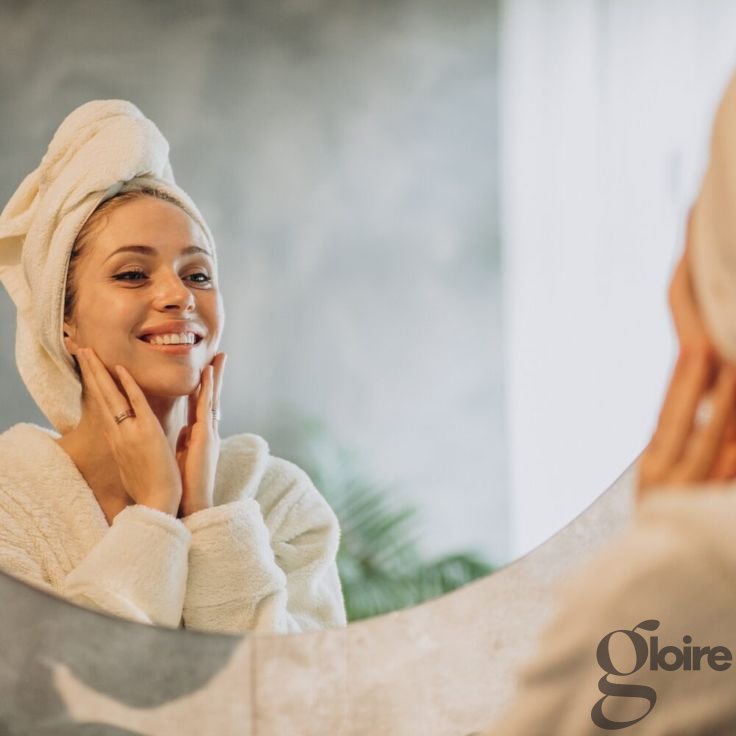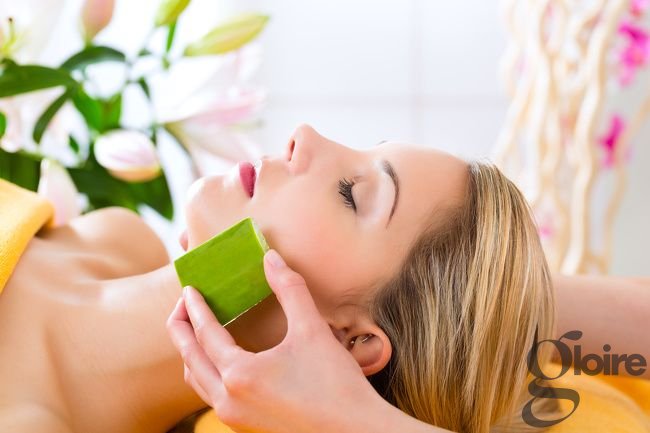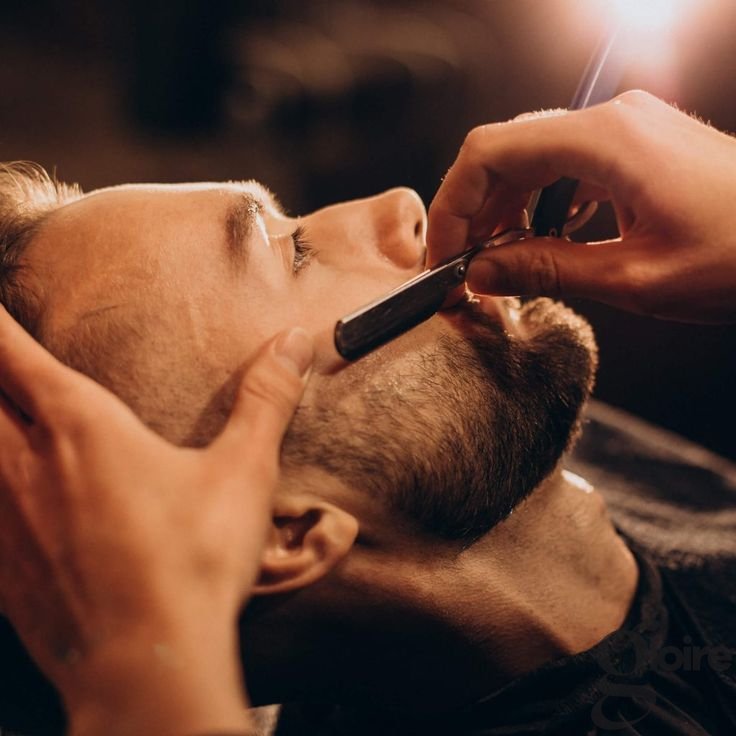Why Sunscreen Is Important
Sunscreen protects the skin from UV rays that cause aging, sunburn, and skin cancer. These rays include:
- UVA rays: Penetrate deep, causing wrinkles and dark spots. They can pass through windows and affect skin indoors.
- UVB rays: Affect outer skin layers, leading to sunburn and long-term damage.
Sunscreen forms a barrier against these rays. But is it necessary at night?
Should You Use Sunscreen at Night?
Since UV exposure is minimal after sunset, sunscreen may seem unnecessary. However, there are factors to consider:
Indoor UV and Blue Light Exposure
- Artificial Light: Some LED and fluorescent lights emit low UV levels.
- Blue Light: Digital screens (phones, computers, TVs) emit blue light, which can contribute to skin damage. Some sunscreens now protect against it.
Can Sunscreen Help With Anti-Aging at Night?
Sunscreen prevents collagen breakdown and skin aging, but nighttime skincare should focus on repair and hydration. If you use anti-aging treatments like retinoids, sunscreen may not be necessary at night.
Effects of Skipping Sunscreen at Night
Not wearing sunscreen at night won’t cause immediate harm, but potential concerns include:
- Premature Aging: Long-term exposure to blue light and artificial UV may lead to fine lines and pigmentation.
- Skin Sensitivity: If using retinoids, your skin becomes more vulnerable to environmental stressors.
Day vs. Night Sunscreen Use
- Daytime: Broad-spectrum SPF 30+ to protect against UVA and UVB.
- Nighttime: If used, should focus on blue light and environmental defense.
Best Sunscreen for Night Use
If you choose to use sunscreen at night, opt for:
- Blue Light Protection: Blocks screen-related skin stress.
- Lightweight Formulas: Gel-based, non-comedogenic options prevent clogged pores.
- Fragrance-Free: Reduces irritation risk for sensitive skin.
Sunscreen With Other Nighttime Skincare Products
Sunscreen can be part of a nighttime routine with:
- Retinol: Enhances collagen but increases sensitivity. Sunscreen may help with blue light irritation.
- Moisturizers: Hydrating creams restore the skin barrier, and sunscreen adds protection.
Explore more skincare tips:
When to Skip Sunscreen at Night
Sunscreen isn’t necessary if:
- You’re indoors with minimal artificial light.
- You’re using intensive skincare treatments (like peels or masks) and focusing on hydration.
Conclusion
Sunscreen at night isn’t essential for everyone but can help protect against blue light and artificial UV exposure. If anti-aging and screen protection are priorities, nighttime sunscreen use may be beneficial. However, a solid hydration and repair routine is usually more effective.
For more skincare insights, check out:
Consult a dermatologist for a personalized skincare routine.








